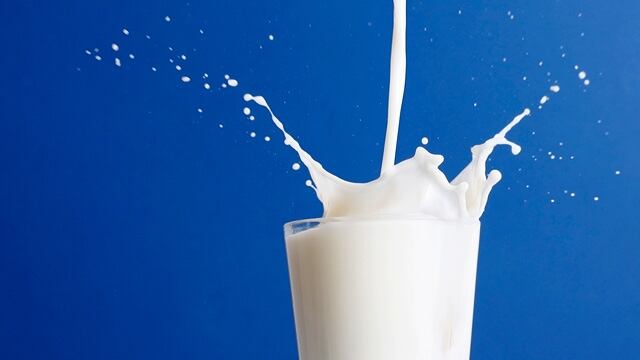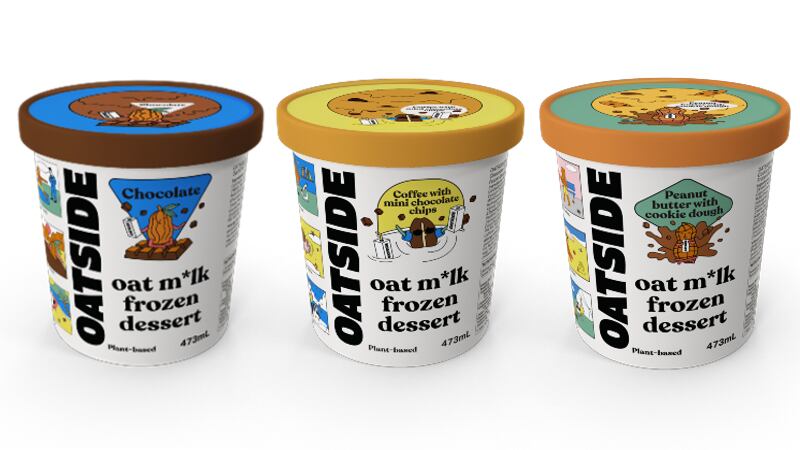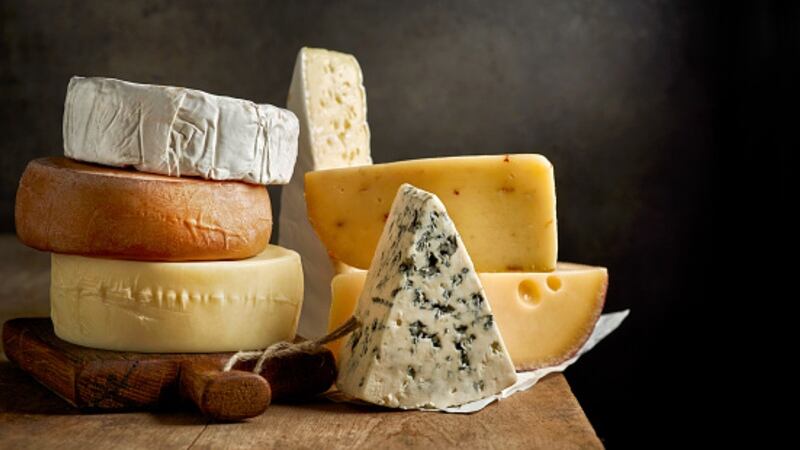China’s dairy industry has been growing by leaps and bounds since receiving endorsement from the government as an important part of regular diet, with major brands such as Yili and Mengniu leading the way.
Alongside this industry growth has been closer government scrutiny on dairy products and relevant initiatives, with national projects such as the ‘Excellent Milk’ initiative closely monitoring quality and safety improvements.
Most recently, the local National Health Commission (NHC) has started inviting comments from the public to update specific standards and policies governing three types of milk available in local supermarkets: High temperature pasteurised milk, pasteurised milk and sterilised milk.
“In accordance with the local Food Safety Law, we will be revising the local standards for 21 food and beverage items, [including the] updating of standards for pasteurised milk and sterilised milk,” the NHC stated via a formal statement.
“In addition, we will be formulating new standards for the category of high temperature pasteurised milk [in lieu of the rising popularity] of these products in the China market.”
High temperature pasteurised milk or Extended Shelf Life (ESL) milk differs from pasteurised milk in terms of the temperature and duration of pasteurisation where it tends to heated to a higher temperature for a shorter time; and differs from UHT milk in that the latter is processed at an even higher temperature for an even shorter duration.
According to definitions from food and healthcare hygiene firm Hygiena, regular pasteurised milk is heated at 63°C for 30 minutes or 70°C for 15 seconds; high temperature pasteurised milk is generally heated at between 120°C to 140°C for at least two to four seconds; whereas UHT milk is generally heated at 135°C to 154°C for one to two seconds.
The national standards for pasteurised milk and sterilised milk will be seeing an update from the previous 2010 versions.
“These standards will be open for public comment and opinions until February 10 2024 via the National Food Safety Standards Management Information System,” the NHC added.
“All members of the public including industry players and consumers are invited to submit their feedback to us.”
All comments can be submitted here [platform in Chinese], for the three milk standards as well as standards governing general food manufacturing hygiene practices, health foods good manufacturing practices, xanthan gum as a food additive and more.
New high temperature pasteurised milk standard
Under the new standards draft, manufacturers have been given an option of processing parameters to classify their products under the high temperature pasteurised milk category, which have been suggested as 115°C treatment for 20 seconds, 120℃ treatment for 15 seconds or 130℃ treatment for two seconds.
Specific guidelines have also been given for various types of animal milks, with goat milk, camel milk, horse milk and donkey milk expected to have lower fat content than cow milk, but buffalo milk and yak milk expected to have higher content after processing.
Other characteristics of interest included protein and non-fat milk solids and acidity. Each type of high temperature pasteurised milk will also need to adhere to strict testing methods and guidelines as specified in the new standards.





